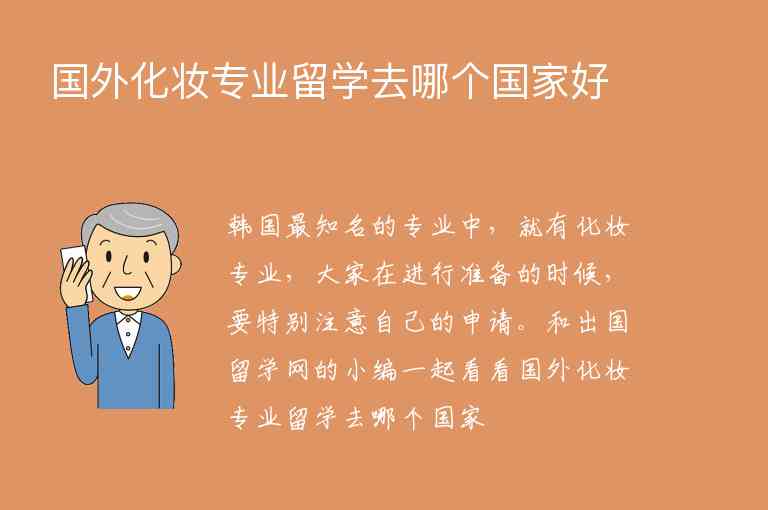innocently是一个副词,意为“天真地,无辜地,清白地”。它的词源来自于拉丁语的“innocens”,意为“无罪的”。在英语中,innocently既可以表示某人的心态或行为方式,也可以表示某物的特征或性质。
怎么读(音标)
innocently [ˈɪnəsəntli]
用法
1. 用于描述某人的心态或行为方式,表示该人无知、单纯、天真或无辜。
2. 用于描述某物的特征或性质,表示该物品没有任何罪恶或不良之处。
例句
1. She looked at him innocently, not understanding the double meaning behind his words.
(她天真地看着他,没有理解他话中的双关意思。)
2. The child innocently asked where babies come from, not realizing the awkwardness of the question.
(孩子天真地问从哪里来的婴儿,没有意识到这个问题有多尴尬。)
3. The puppy wagged its tail innocently, unaware of the mess it had made in the house.
(小狗天真地摇着尾巴,没有意识到它在房子里搞得一团糟。)
4. The innocent bystander was caught in the crossfire and injured.
(无辜的旁观者被卷入交火中并受伤。)
5. The defendant pleaded innocently in court, claiming he had no knowledge of the crime.
(被告在法庭上声称自己无辜,声称对犯罪一无所知。)
同义词及用法
1. Naively: 意为“天真地,幼稚地”,强调缺乏经验或不成熟。
2. Guiltlessly: 意为“无罪地,清白地”,强调没有任何罪恶或过错。
3. Artlessly: 意为“天真地,朴实地”,强调单纯和坦率。
4. Innocuously: 意为“无害地,无辜地”,强调没有任何危害或恶意。
5. Blamelessly: 意为“无辜地,清白地”,强调没有做错任何事情。
编辑总结
innocently是一个常用的副词,在日常生活中经常用来描述人的心态或行为方式,也可以用来描述物品的特征或性质。它的近义词包括naively、guiltlessly、artlessly、innocuously和blamelessly等。作为网络词典编辑翻译人员,我们应该准确理解每个单词的含义,并且能够灵活运用在不同的语境中。

